Bloomsbury
Feb 2017
HB $31.50 / PB $25.19
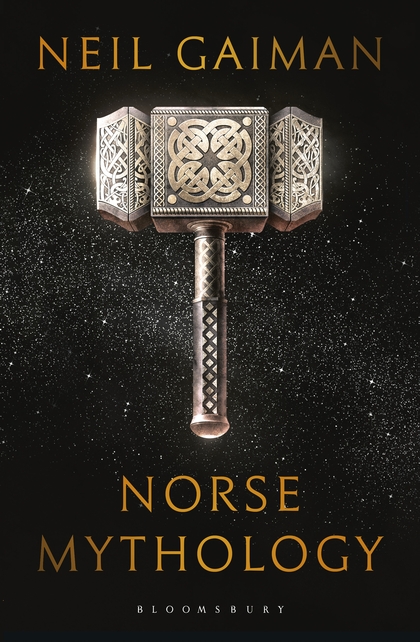 Retelling mythology is a daunting task. It presents problems at odds with each other: on the one hand, there is a vast wealth of conflicting, incomplete information to choose from, on the other, any book of mythology is a retelling of stories that most people already know at their base level. The mythographer runs the risk of either sinking into obscure academic detail, or producing only a thin, reheated soup. Storytellers over the years have tackled this problem with careful consideration of their subjects, the people listening and the context of the times. And, whether consciously or unconsciously, they also inject their own voices in their retellings.
Retelling mythology is a daunting task. It presents problems at odds with each other: on the one hand, there is a vast wealth of conflicting, incomplete information to choose from, on the other, any book of mythology is a retelling of stories that most people already know at their base level. The mythographer runs the risk of either sinking into obscure academic detail, or producing only a thin, reheated soup. Storytellers over the years have tackled this problem with careful consideration of their subjects, the people listening and the context of the times. And, whether consciously or unconsciously, they also inject their own voices in their retellings.
Neil Gaiman’s voice is as familiar as the stories he is sharing. In here it is sure, calm and grounded without any flourishes. With this, he brings, and shares with the reader, the sense of awe, respect and wonder that this centuries old mythology provided him as a child.
Anthologies gain from being ordered in a specific way, no matter how familiar. Gaiman starts off his book with brief descriptions of our main players: Odin, the all-father, Loki his cunning blood-brother, and Thor, Odin’s strongest son. I like the choice to center around these three gods, playing on a commonality shared through modern media while making sure to set some things straight by including some little known traits. And while these are the main three Gaiman chooses to focus on, he does thankfully include a glossary at the end of the book describing the various gods, locations and weapons encountered in the book.
After these introductions, Gaiman describes how the Nordic Gods’ world came to be and how our world came from it. These origins sound familiar, even to those unfamiliar with the mythology. The background is presented as fact, hard and immutable.
Each subsequent story is a tale of the various interactions among the gods, particularly focusing on how Loki slowly comes into play. Gaiman paints Loki as an agent of chaos, proving and disproving his loyalty, time and time again. Loki is usually to be found having to use the same conniving that got him and his fellow gods into trouble, to outwit the consequences of his own various schemes.
All of this, of course, comes to a head in Ragnarok, the Twilight of the Gods. Loki and his children ignite his final scheme, and consequences from slights and decisions long ago bear their apocalyptic fruit. Presented scene to scene in a simple yet unmuted style, it’s a chaos that can be clearly envisioned and a reader will find easy to picture. The ending is a reminder that such stories will be told and retold as long as there are people to tell them.
The book is an easy read throughout, but is not without its potential distractions. It can be jarring to see modern speech patterns intermixed with classic sounding ones: Did what was needful will be juxtaposed with don’ts and can’ts. However, this doesn’t distract too much, and probably serves a greater purpose. Norse Mythology is a book that will make for great reading to kids (though make sure you go through it yourself to judge their handling of it!) and young teens. The collection also works well for those adults reading with distractions, or are tired of fantasy and mythology peppered with purple prose and ‘ye olde’ language.
Norse Mythology succeeds in what it sets out to do. A reimagining of centuries old lore, made palatable for a modern audience, mixed in with all of Gaiman’s trademark authorial charms. His modern interpretation is both respectable and enjoyable. Pick up the book and you may well find yourself rereading and recalling its stories to friends and family for years to come. These are the sort of stories, after all, that will keep being retold as long as there are people to tell them.


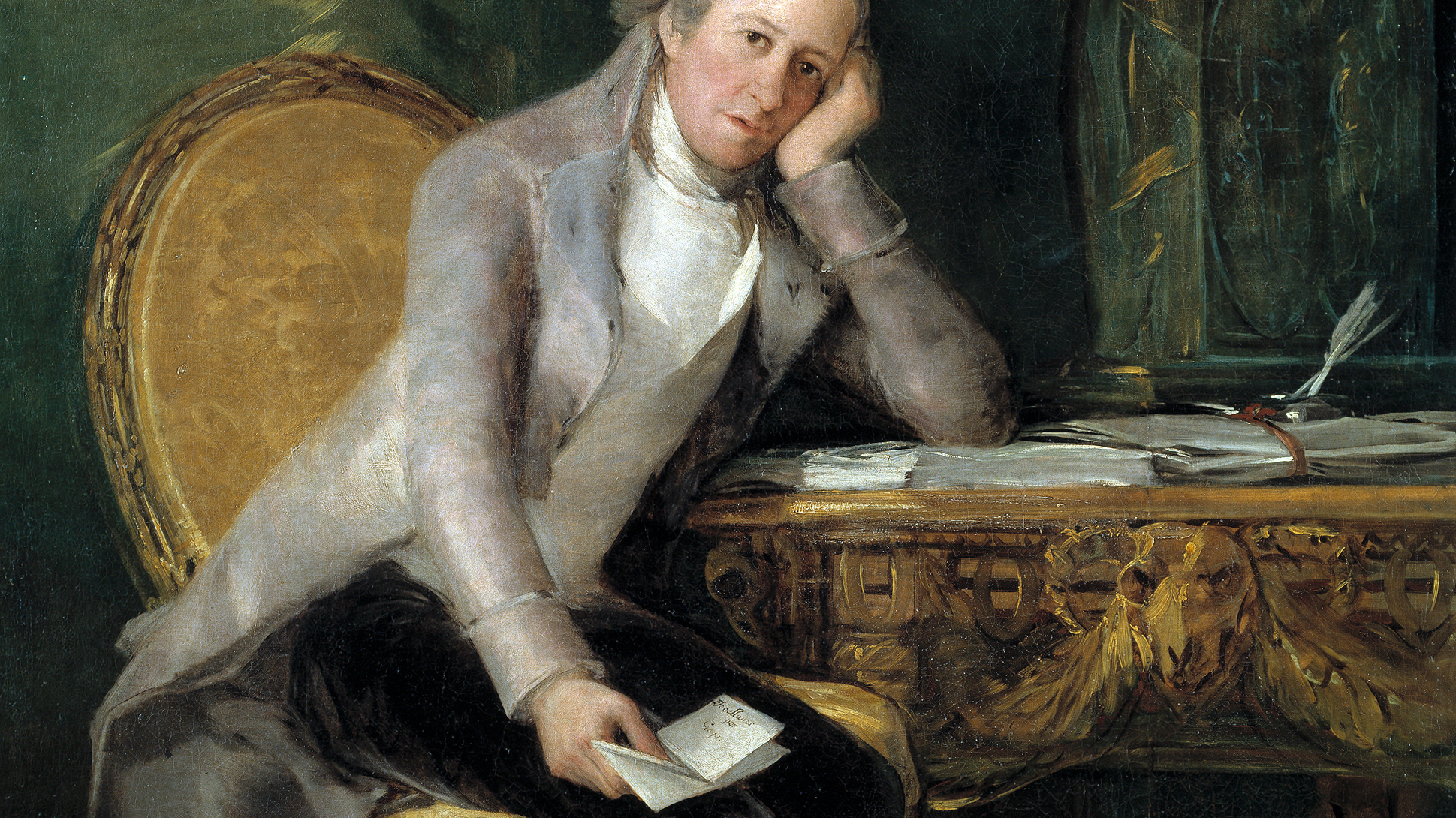
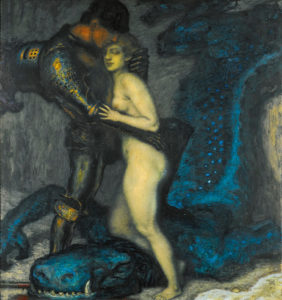
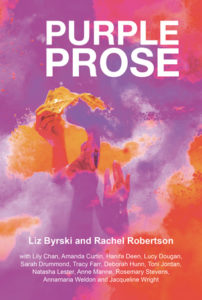
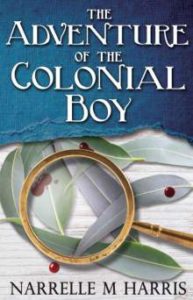 The Adventure of the Colonial Boy by Narrelle M. Harris is a Sherlockian novel steeped in a strong brew of Victoriana—in the sense of both the era and the state. And to see our much beloved characters running about in places so familiar and dear is an utter delight.
The Adventure of the Colonial Boy by Narrelle M. Harris is a Sherlockian novel steeped in a strong brew of Victoriana—in the sense of both the era and the state. And to see our much beloved characters running about in places so familiar and dear is an utter delight.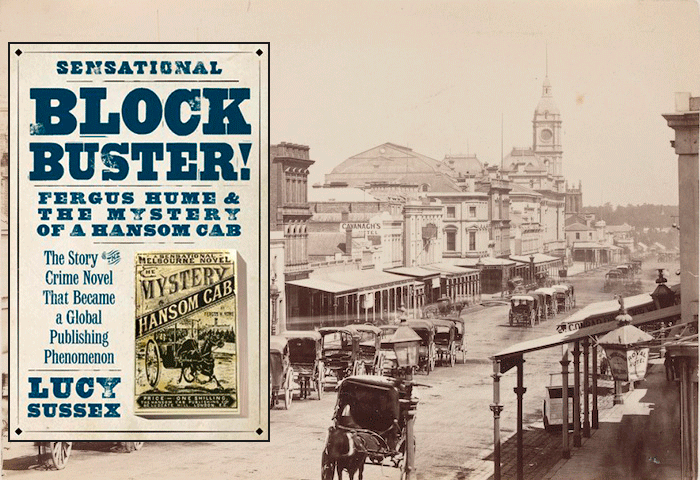
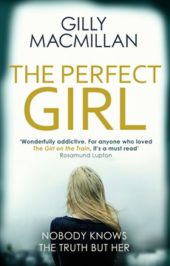 It’s easy to forget—considering there are generations that have grown to adulthood knowing no different—that the internet of things is still new to humanity. Certainly in terms of laws and regulations, the internet is still something of a frontier with the frontier mentality of “anything goes”. Because what are the consequences of misbehaving, really?
It’s easy to forget—considering there are generations that have grown to adulthood knowing no different—that the internet of things is still new to humanity. Certainly in terms of laws and regulations, the internet is still something of a frontier with the frontier mentality of “anything goes”. Because what are the consequences of misbehaving, really?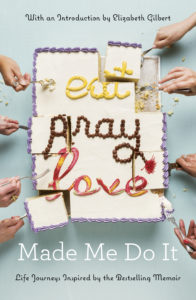
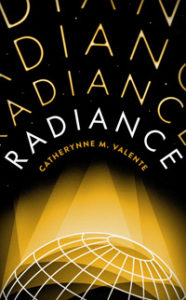
 Gratitude is the last work we shall have from Oliver Sacks. It comprises four essays that were published in the closing years and months of his life. The first essay, Mercury, was written and published before Oliver Sacks discovered that he had a rare and difficult to treat form of melanoma. It celebrates old age, and the essay feels, in its way, soberly upbeat. It is an essay steeped in the love of living. Within its words reside the glimmering promise of good health and happiness for at least a few years to come. And yet there is a tension that Oliver Sacks never intended. As the reader, we know more than he did when writing it. We know that he will not live out the decade. We know that his body was already secretly betraying him to cancerous cells, even as he wrote about the joys of good health in old age.
Gratitude is the last work we shall have from Oliver Sacks. It comprises four essays that were published in the closing years and months of his life. The first essay, Mercury, was written and published before Oliver Sacks discovered that he had a rare and difficult to treat form of melanoma. It celebrates old age, and the essay feels, in its way, soberly upbeat. It is an essay steeped in the love of living. Within its words reside the glimmering promise of good health and happiness for at least a few years to come. And yet there is a tension that Oliver Sacks never intended. As the reader, we know more than he did when writing it. We know that he will not live out the decade. We know that his body was already secretly betraying him to cancerous cells, even as he wrote about the joys of good health in old age.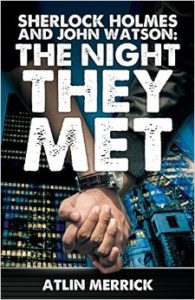 Many moons ago, in a more innocent time when the world was young and carefree, I reviewed The Day They Met—a series of short stories about the day (the many days) that Sherlock Holmes and John Watson met. Because they did, they do and they will, and in every which way throughout time and space.
Many moons ago, in a more innocent time when the world was young and carefree, I reviewed The Day They Met—a series of short stories about the day (the many days) that Sherlock Holmes and John Watson met. Because they did, they do and they will, and in every which way throughout time and space.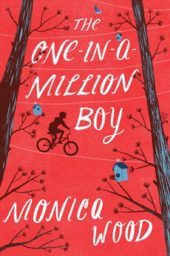 Imagine for a moment. Imagine turning a hundred. Imagine turning a hundred and receiving a letter from Queen Charlotte herself.* Are you imagining it? If you are, I’m going to have to ask you to step away from any sharp objects and stop being so utterly ridiculous. A royal head of state by the time you’re a hundred? Are you mad? No, you’re much better off deciding which world record you should aim to be the oldest person to achieve. Much more likely.
Imagine for a moment. Imagine turning a hundred. Imagine turning a hundred and receiving a letter from Queen Charlotte herself.* Are you imagining it? If you are, I’m going to have to ask you to step away from any sharp objects and stop being so utterly ridiculous. A royal head of state by the time you’re a hundred? Are you mad? No, you’re much better off deciding which world record you should aim to be the oldest person to achieve. Much more likely.